Setting the Scene for Your Italian Adventure
Are you an adventure traveller yearning for the picturesque landscapes and historic charm of Italy? Dreaming of cycling through the rolling hills of Tuscany, exploring the rugged coastlines of Cinque Terre, or strolling along the Path of Gods in Amalfi? For walkers, hikers, cyclists and adventure seekers, Italy offers a unique blend of challenging trails and spectacular scenery that promises an unforgettable experience on foot or two wheels.
This comprehensive guide will take you through everything you need to know about travelling to Italy from the UK and the Republic of Ireland and getting around once you’re there— designed perfectly for self-guided walking and cycling adventurers like you.

Travelling to Italy
The Best Ways to Travel to Italy from the UK
By Plane
Most UK airports fly to Italian cities such as Rome, Milan, Venice, Florence, Naples and many more. London airports tend to have direct flights, whereas East Midlands (EMA) and Birmingham (BHX) offer flights to Italy via one or two stops. Which flight is best for you depends on your dates, budget and location.
Flying from North England to Italy: You have a choice of several options, including Newcastle (NCL), Manchester (MAN) and Liverpool (LPL), which offer direct flights to certain cities in Italy. They also offer short stopovers, often in Amsterdam, for those looking for a cheaper option.
Flying from London to Italy: All the major London airports offer flights to Italy, including:
- London Gatwick (LGW)
- London Stansted (STN)
- London Heathrow (LHR)
Flying from Scotland to Italy: If you prefer a direct flight, Glasgow (GLA) offers the most flights to many major Italian cities. But Dundee (DND), Edinburgh (EDI) and Aberdeen (ABZ) also offer several flights to some of the bigger cities, such as Rome, Pisa, Naples, and Bologna.
Flying from Northern Ireland to Italy: To reach Italy from Northern Ireland, you can fly from Belfast Airport (BLF), with most flights flying you directly into the main cities such as Milan, Rome or Verona.
Flying from Wales to England: Cardiff (CWL) is the only airport to fly directly to Italy, landing in Rome, Milan or Florence. To reach a different location, look for a stopover and hop on another flight or an internal flight once you arrive in Italy.
Flying from Southern England to Italy: Airports in the south, such as Southampton (SOU), Bournemouth (BOH), and Exeter (EXT), only fly to a few Italian cities, including Milan, Rome, Venice, and Catania. For a direct flight to the right destination, you might be better off flying from a London airport.
By Train
Public transport throughout Europe is a fun and efficient way to get from A to B. Allowing you to sit back and enjoy some stunning sights along the way. You can hop on the ferry or Eurotunnel as a foot passenger to Calais and grab the train from there. There are lots of great apps available, like MyCicero or RometoRio, to help you plan the best route with train times and prices.
Flight-free Travel to Italy
At Macs, we’re keen to lower our carbon footprint wherever possible - offering sustainable travel and flight-free adventures. This means you can avoid flying completely and reach your Italian walking or cycling holiday by train or by sea - a great option for travellers who are not a fan of flying.
Choosing Flights from the UK to Italy
Italy is well-connected with international flights from the UK. Major airlines such as British Airways, Ryanair, Wizz Air, Easyjet and Vueling offer direct flights to various Italian cities. Depending on your destination within Italy, you might land in Rome, Milan, Venice, or Florence. Rome's Leonardo da Vinci-Fiumicino Airport (FCO) is the busiest and often the most convenient entry point for travellers planning to explore multiple regions.
The Best Ways to Travel to Italy from Republic of Ireland
By Plane
Travelling to Italy from the Republic of Ireland can be done directly or with stopovers, depending on your location and budget. Dublin Airport offers lots of direct flights into many Italian cities, including Rome, Milan, Verona, Venice, Milan, and Naples. Alternatively, you can travel to London Gatwick, Stansted or Heathrow and fly from there.
By Train
If you’re not a fan of flying, you can jump on the ferry from Ireland to England before travelling on another ferry or the Eurostar into Calais. From here, you can take trains and public transport through Europe to reach Italy. It may take a little longer, but you’ll be gifted with some spectacular views along the way.
Speak to our adventure experts to find the best way to reach Italy, as well as our flight-free options for adventurers who prefer travelling by land or sea.
Best Airports for Each Region
Choosing the right airport can save you time and money. For exploring Northern Italy, Milan Malpensa Airport (MXP) is ideal. If you’re heading to the central regions like Tuscany, Cinque Terre or Umbria, Rome's Fiumicino Airport (FCO), Pisa (PSA), or Florence (FLR) will be your best bet. For Southern Italy and the islands, Naples International Airport (NAP) and Palermo (PMO), and Catania-Fontanarossa (CTA) airports in Sicily are the most convenient.
Refer to the Travel & Transfers section on the individual trip pages on our website for more details on the best way to get to the start of your Macs Adventure trip.
Preparing for the Journey
Visa Requirements and Travel Documents
Before you start packing your bags, ensure you have all the necessary travel documents.
Visa Requirements:
- UK Citizens: No visa is required for stays up to 90 days. Check the GOV.UK website for the most up-to-date rules and regulations on travel.
- From 2025, non-European nationals will require an ETIAS visa waiver to travel to the 30 European countries. This involves an online application that should be completed before travel and is valid for 3 years as long as you don’t exceed 90 days in Europe within a 180-day period. An ETIAS costs 7 euros, which is waived for anyone under 18 or over 70 years old.
- ROI Citizens: Also exempt from visa requirements for stays up to 90 days. Check the GOV.UK website for the most up-to-date rules and regulations on travel.
- For adventurers travelling with an Irish passport, you don’t require an ETIAS visa to visit Europe as long as you stay no longer than 90 days.
- Travelling from outside the UK: For our worldwide adventurers, we recommend checking your country’s government website for the most up-to-date rules and regulations on international travel.
Passport Validity:
- UK Citizens: Six months validity recommended, at least 3 months validity beyond your planned departure date. Check your passport validity.
- ROI Citizens: Your passport must be valid for at least 3 months beyond the date you expect to leave. Check your passport validity.
- Travelling from outside the UK: Passport requirements can vary from country to country. If you live outside the UK or ROI, we recommend checking your country’s government website for the most up-to-date information on passport regulations.
You’ll be required to show your passports at each accommodation. It’s wise to keep photocopies of your important documents, including your passport and travel insurance, with you at all times.
Check the GOV.UK website for the most up-to-date rules and regulations for travelling to Italy from the UK.
Packing Essentials for All Seasons
Packing for Italy can be tricky due to its diverse climate. If you’re walking or cycling, comfy and durable footwear is a must. In the summer, lightweight and breathable clothing will keep you cool, while in the spring and autumn, layering is key. Don’t forget essentials like a rain jacket, sunscreen, a universal power adapter, a portable battery pack to keep your devices charged and a reusable water bottle to stay hydrated on your adventures. Many Italian towns and cities are dotted with mountain spring water fountains that are safe to drink from – no need to buy the bottled stuff!
Check out our walking packing guide or our cycling packing guide for a more thorough, in-depth checklist.

How to Travel Around Italy
The Best Ways to Travel Around Italy
Italy offers numerous ways to get around, each providing a unique perspective of the country. Trains are one of the most popular methods, offering scenic routes and efficient service. Buses are another cost-effective option, especially for reaching smaller towns and rural areas. For those looking for flexibility, renting a car allows you to explore off-the-beaten-path destinations at your own pace.
Train Travel in Italy
Italy boasts an extensive train network that makes it easy to explore from region to region. There are three main categories of trains: regional, national, and high-speed. Regional trains offer a more leisurely way to journey through smaller towns and coastal areas, perfect for soaking in the scenery. National trains connect major cities at a steady pace, while high-speed trains are the star of the show, significantly reducing travel time.
The fastest Frecciarossa trains zip between major hubs like Turin, Milan, Bologna, Florence, Rome, Naples, and Salerno. For slightly slower travel, the Frecciargento trains connect Rome to beautiful destinations like Venice, Verona, Bari, and even the southern regions of Lamezia Terme and Reggio Calabria. When at large train stations, remember to check the departure boards using your train number (instead of your arrival city) to find your platform. Also, double-check your ticket for the correct train car if you've reserved a seat—this little tip will make your travel experience as smooth as possible.

How to Buy Train Tickets in Italy
Buying train tickets in Italy is straightforward. You can purchase tickets online through platforms like Trenitalia or Italo. We recommend downloading their app for paper-free travel, where you can validate your ticket prior to boarding (required to avoid fines). You can also purchase directly at the train station via automated ticket machines, which usually offer instructions in multiple languages, making the process easy for non-Italian speakers. Booking in advance can save you money and secure your seat, especially on popular routes.
Navigating Bus Tickets and Local Transport
For bus travel, websites like FlixBus and local operators provide schedules and ticketing options. Keep in mind that not all buses accept credit cards, so having some euros on hand is advisable. In cities, local transport options like trams, metros, and taxis are readily available. Apps like MyCicero can help you plan routes and purchase tickets for various modes of transport. You can also buy bus tickets from some local Tabacchi shops, which are similar to corner shops or small supermarkets.
We always recommend checking for transportation strikes and ensuring your train tickets are valid before travelling. If there are any bumps in the road, our on-trip support team is only a phone call away to lend a hand with any last-minute changes.
Taxis in Italy
When it comes to hailing a ride in Italy, traditional taxis are your best bet, as Uber doesn’t operate in most of the country. Taxis are usually available at designated taxi stands, or you can call one to pick you up.
Here are some top taxi app suggestions that are user-friendly and allow you to book rides conveniently from your smartphone. So, whether you're heading to a train station or exploring a new city, rest assured that getting around will be easy and hassle-free.
- FreeNow: One of the most popular taxi apps in Italy. It operates in Milan, Naples, Rome, Turin, Catania, Palermo, and Cagliari.
- ItTaxi: Operating in over 95 cities across Italy, its drivers are very knowledgeable and can get you from A to B, no problem.
- WeTaxi: Operating in over 20 Italian cities, it can find a taxi nearby based on your geolocation.
The Cinque Terre Travel Card
For those eager to explore the stunning coastal villages of Cinque Terre, our Cinque Terre walking trips come with a 3-Day Cinque Terre Train & Trails Card included! This convenient card grants you unlimited access to the trains and walking trails connecting the five picturesque towns: Monterosso, Vernazza, Corniglia, Manarola, and Riomaggiore, as well as the bordering villages of Levanto and La Spezia.
With incredible views at every turn, you can easily hop from one charming village to the next, all while enjoying the incredible scenery. The card also includes benefits like discounted entry to local attractions and free use of some local buses, making it an empowering way to experience the beauty of this UNESCO World Heritage Site at your own pace.
Sustainable Travel
Responsible Tourism Practices
Being a responsible tourist means respecting local cultures and minimising your environmental footprint. Avoid single-use plastics, support local businesses, and follow the Trash Free Trails ethos when walking.
We’re working hard to lower our trip’s carbon emissions by collaborating with our local partners. Find out how we calculate our trip’s carbon score and discover more about our sustainable travel journey.

Ready to Go?
Italy is a treasure trove of adventures waiting to be discovered. From its bustling cities to its tranquil countryside, there’s something for every type of traveller. By following this guide, you’ll be well-prepared to make the most of your Italian escapades.
Our Italian adventures are super popular and typically sell out 6-9 months in advance, so we recommend booking a call with one of our travel experts to plan your perfect walking trip in Italy pronto!
Remember, whether cycling through blissful Puglia, walking through the Italian Alps or savouring gelato on the Amalfi Coast, Italy promises an adventure of a lifetime. To discover more about our Italy walking and cycling trips, head to our Guide to Walking in Italy for tips, advice and inspiration. Happy travels!








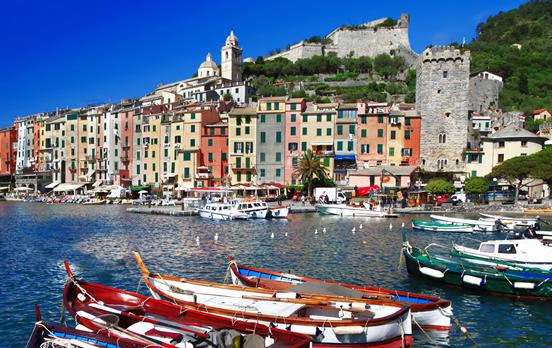
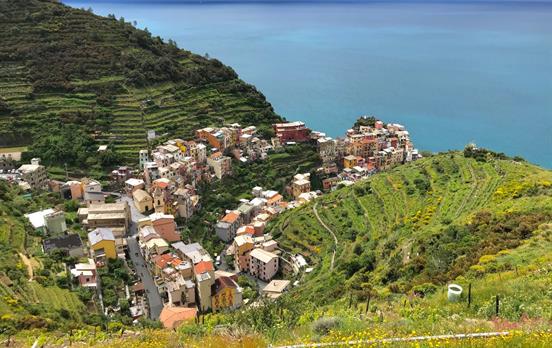





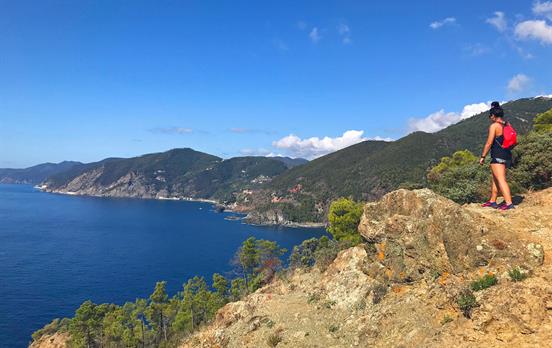




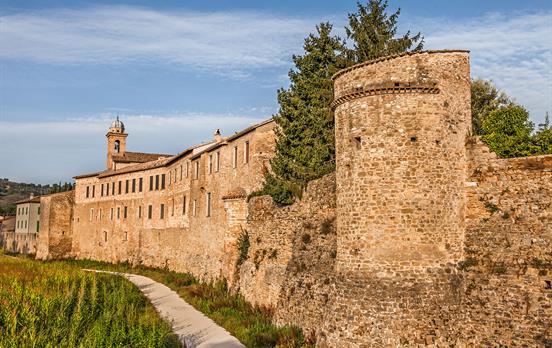
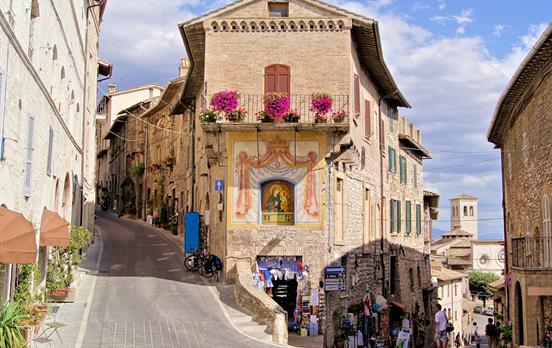


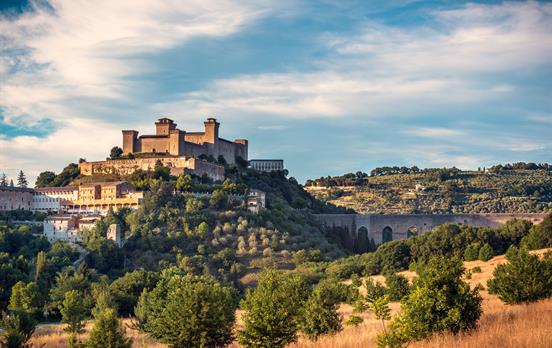



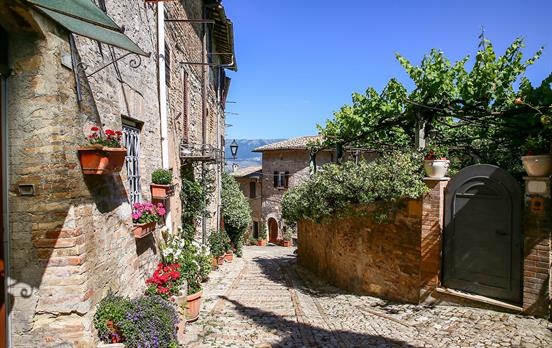











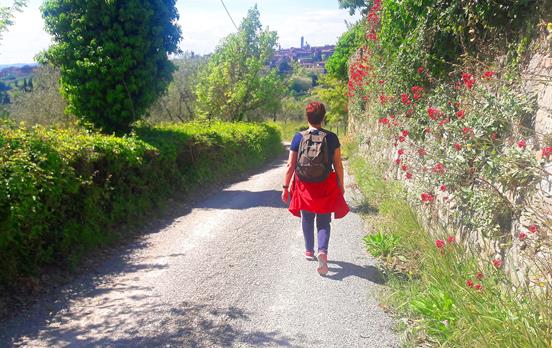


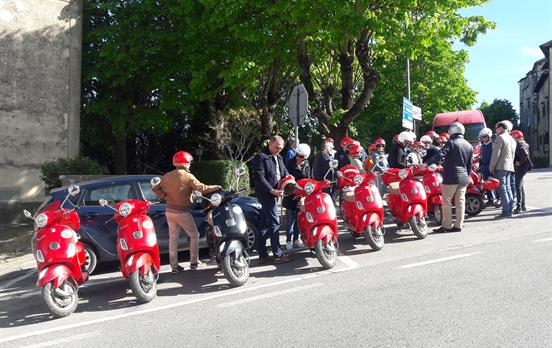
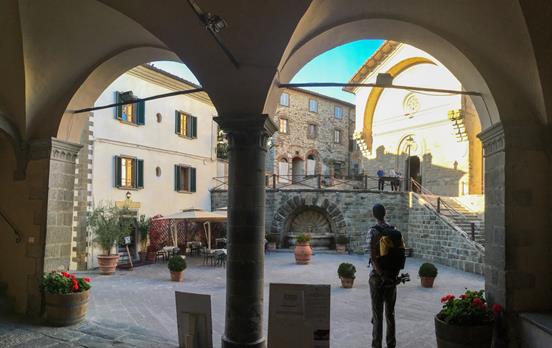


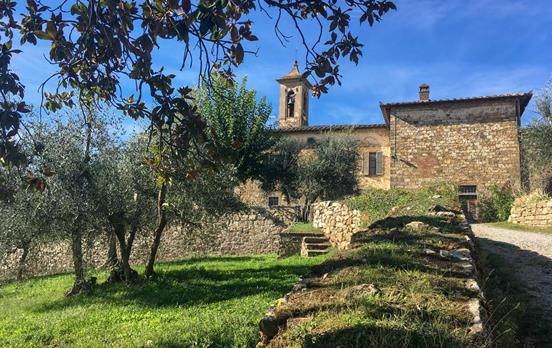

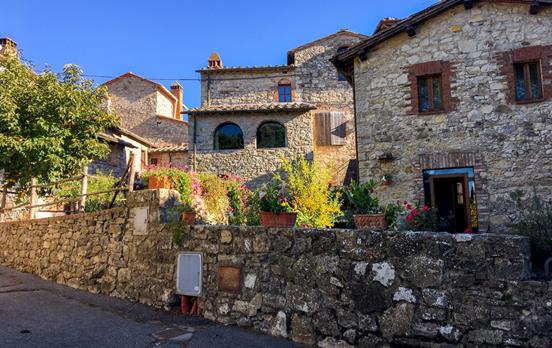

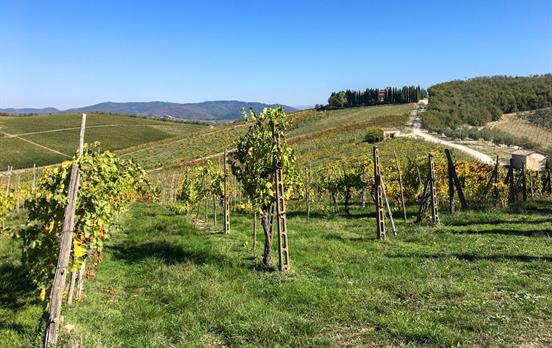


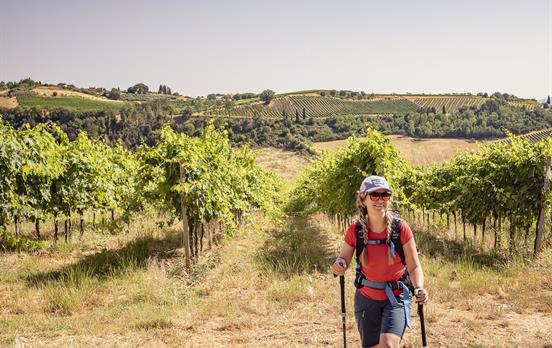


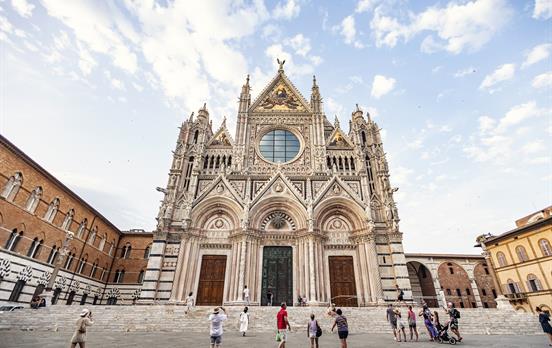


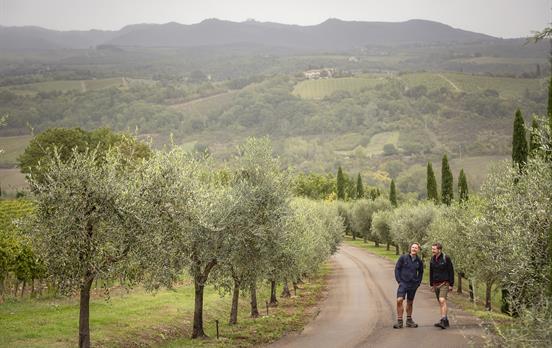



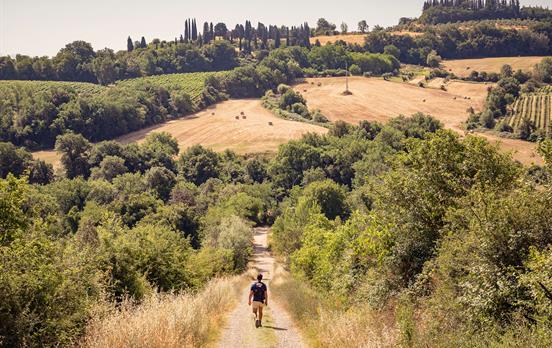




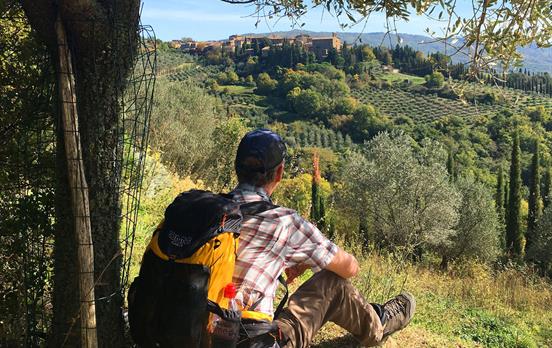





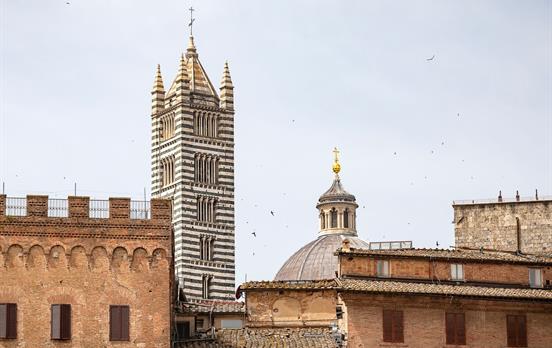
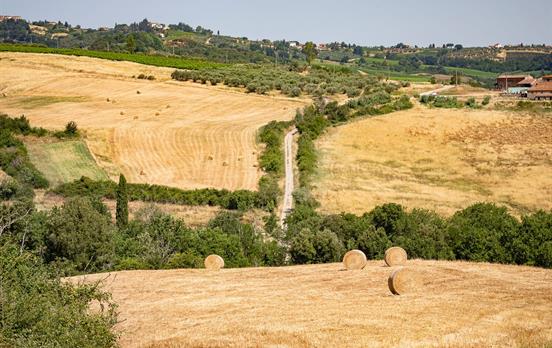


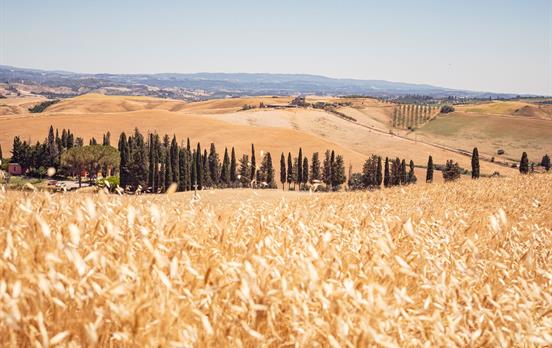
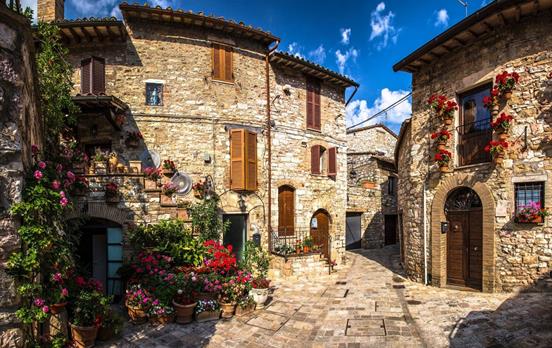


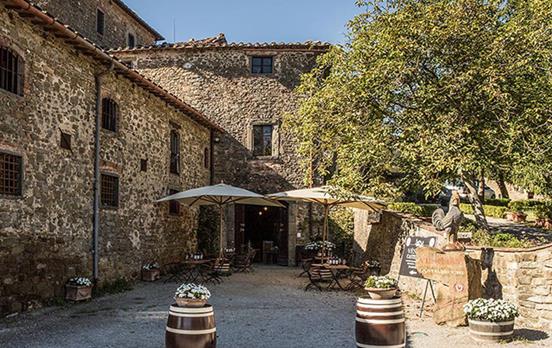

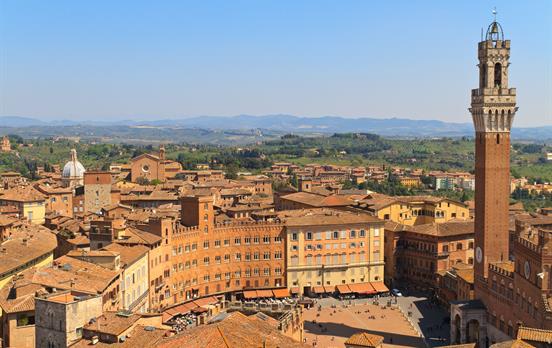
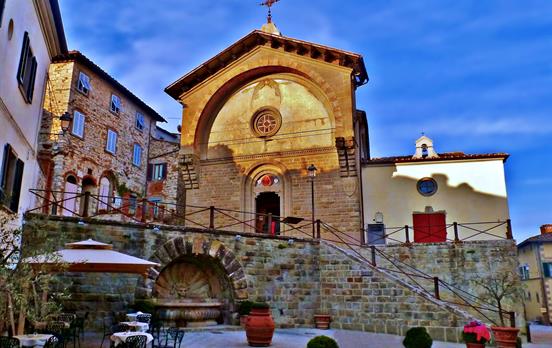
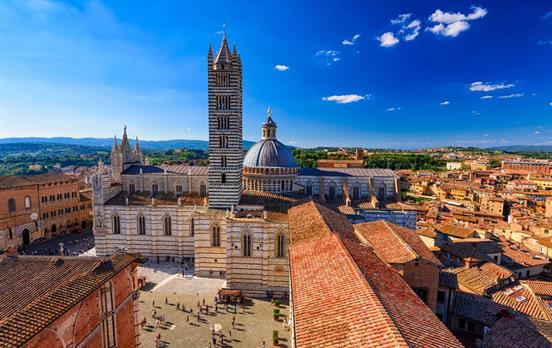

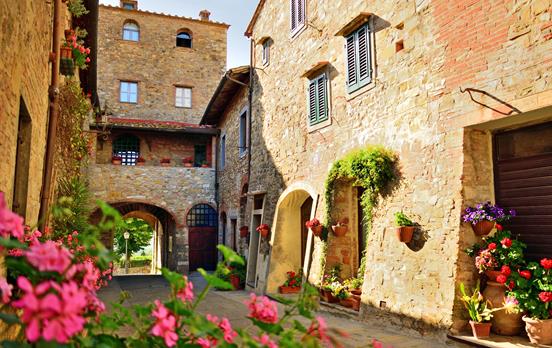


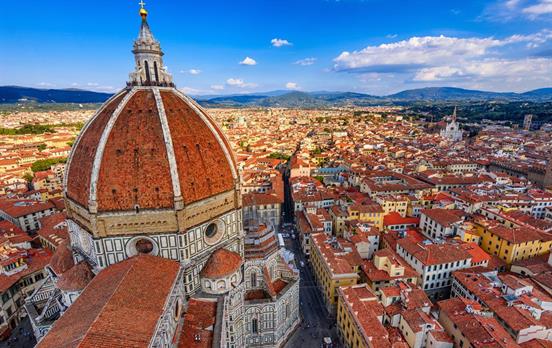


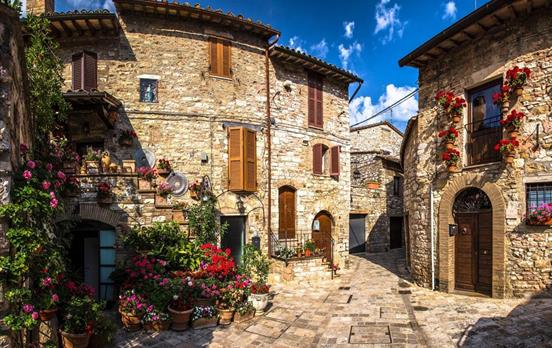
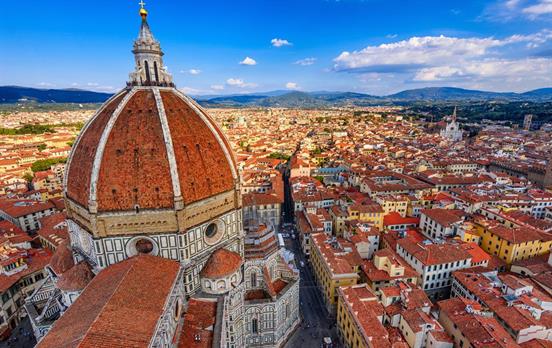

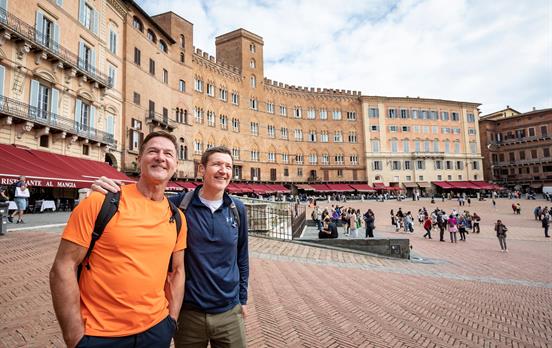





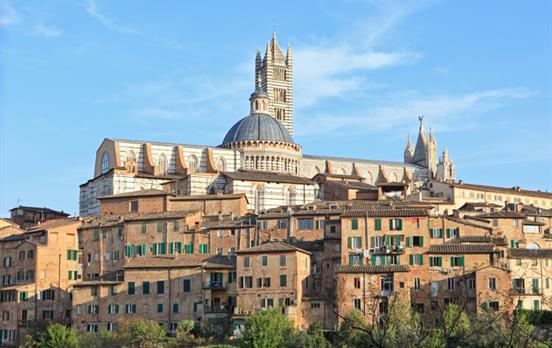

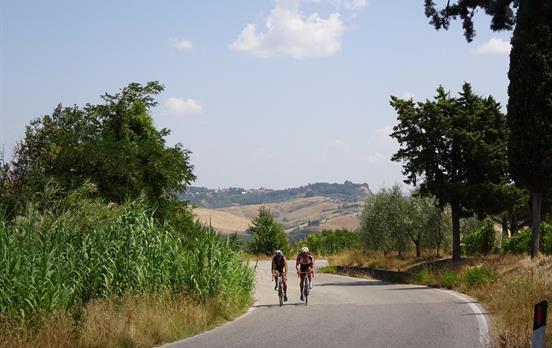

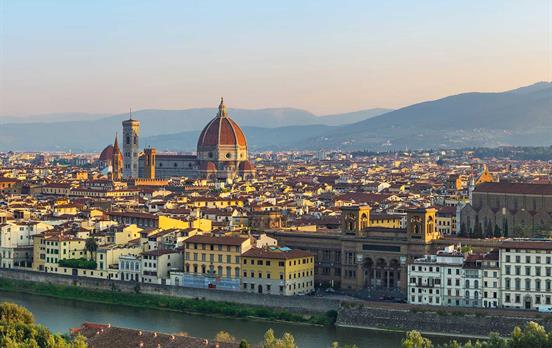
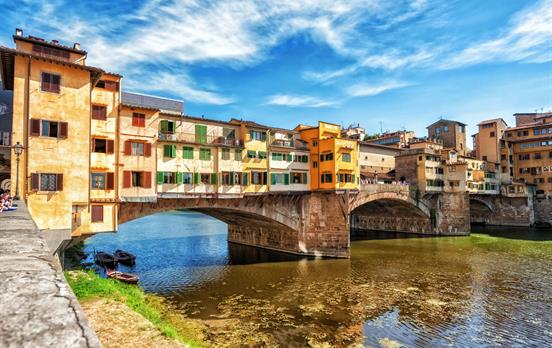

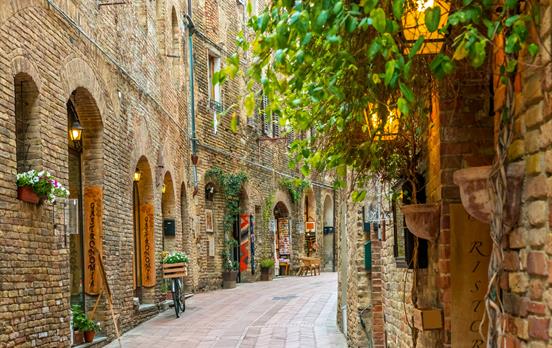



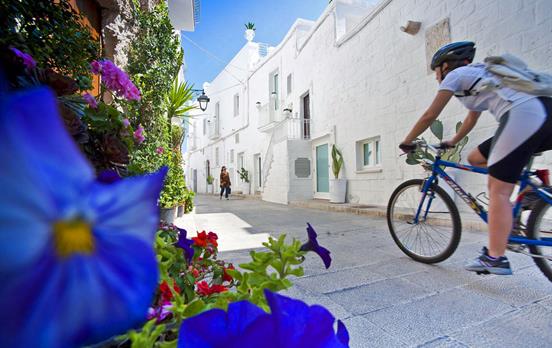

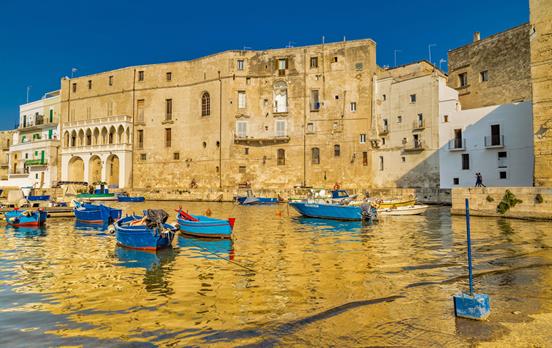


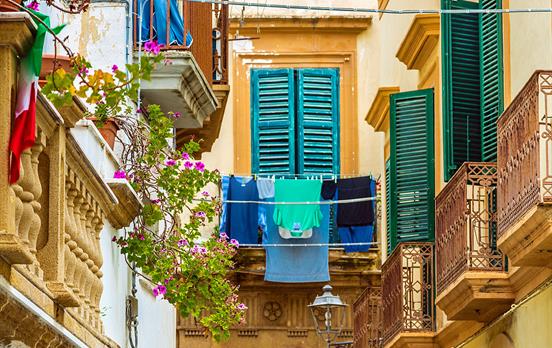
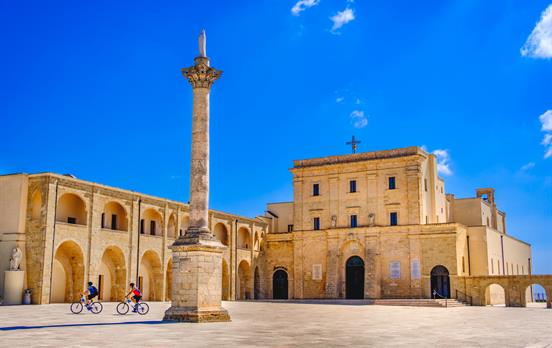
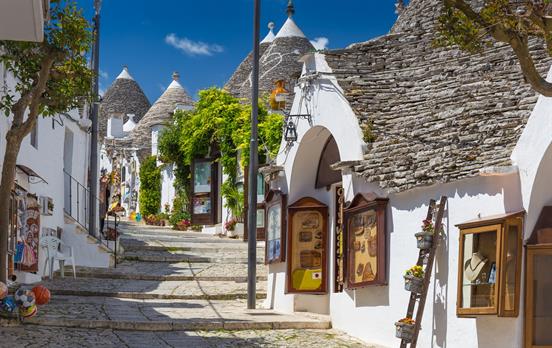






 Australia
Australia New Zealand
New Zealand South Africa
South Africa European Union
European Union